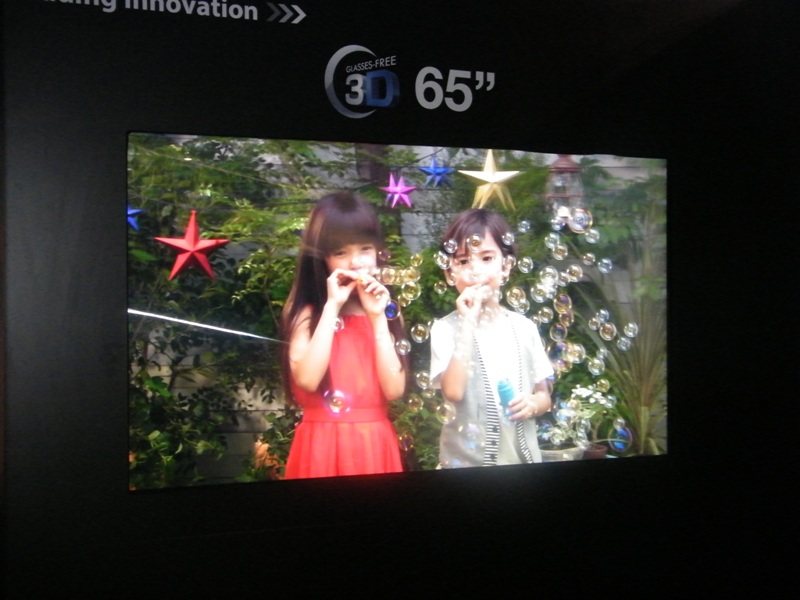Sky and Virgin: glasses-free 3D is needed
Rivals agree on future 3D tech

Glasses-less 3D needs to come sooner rather than later if 3D is to truly go mainstream, explained Sky and Virgin Media at the 3D TV World Forum in London this week.
Both companies are pushing for TV manufacturers to develop autostereoscopic sets as they believe that this will be a major factor in bringing 3D to the mainstream.
Speaking at the 3DTV World Forum in London this week, John Cassy, Director of 3D at Sky, said that glasses-free technology would be a boon but the company was also making great strides with their 3D channel, despite users having to wear glasses.
"We are not a TV manufacturer, but glasses free would be a great boost for the industry," said Cassy.
"However, there is a lot of opportunity in the meantime."
Price drop needed?
This view was backed up by Kevin O'Neil, head of VOD at Virgin Media, who believes that 3D needs a glasses-free experience sooner rather than later.
Sign up for breaking news, reviews, opinion, top tech deals, and more.
"3D should be a glass-less experience in the home as soon as possible," said O'Neill.
He also noted that in the short term to get more customers into 3D, 3D ready TVs "need to come down in price dramatically."
Adrian Northover Smith, head of public affairs for Sony, however, doesn't believe that price is that big an issue at the moment – especially when it comes to active shutter TVs.
"If you use active shutter glasses, there is no premium at all to 3D TV set – the only premium you have is with the glasses themselves and they will inevitably come down in price," said Northover Smith.
And despite O'Neil's reservations of 3D sales, Northover Smith things that the numbers are decent enough, when you compare them to past technology innovations in the TV sector.
"It took two years to sell 125.000 widescreen TVs in the UK when they were first launched – for 3D we managed this in just 10 months."
When it comes to glasses-free TV, both Samsung and Toshiba have made in-roads in this sector.
Toshiba released a 22-inch autostereoscopic screen in Japan earlier in the year and will be launching the technology in Europe in 2012, while Samsung has announced it is working on a 55-inch glasses-free setup, which is still a prototype at the moment.

Marc Chacksfield is the Editor In Chief, Shortlist.com at DC Thomson. He started out life as a movie writer for numerous (now defunct) magazines and soon found himself online - editing a gaggle of gadget sites, including TechRadar, Digital Camera World and Tom's Guide UK. At Shortlist you'll find him mostly writing about movies and tech, so no change there then.